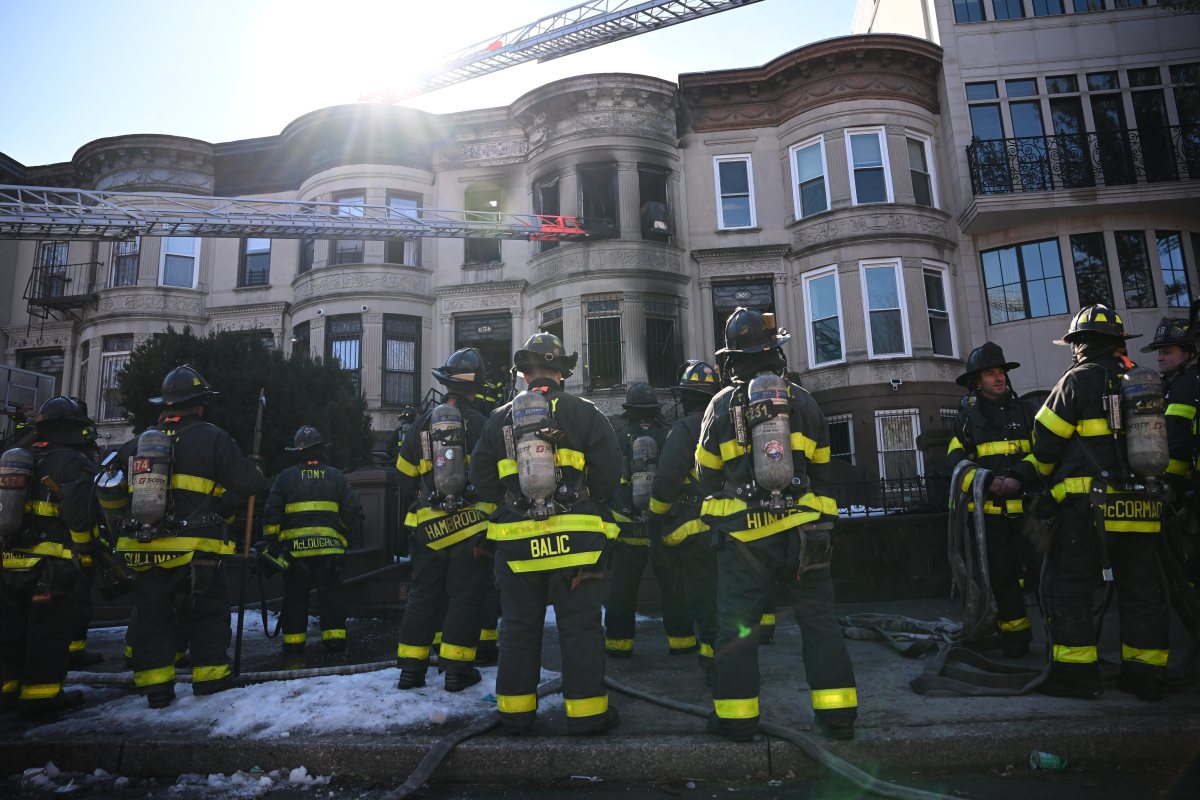The New York City Board of Corrections (BOC), an oversight group responsible for monitoring conditions in city jails, held a public meeting on Sept. 13 to allow community members to speak in order to improve jail conditions.
This meeting follows a report the board released on Monday which indicated that multiple and repetitive staff failure throughout facilities were involved in instances of inmate deaths since the beginning of this year.
Since the start of 2022, 16 people in custody have died with many of these deaths being suicide or drug-related deaths, indicating that this year’s death toll will far exceed last year’s.
Tuesday’s meeting addressed the deaths – one as recent as Aug. 30 – and BOC members questioned members of the Department of Corrections (DOC) in order to highlight some major problems within DOC facilities that are causing distress to inmates.
“According to the latest local law 59 reports from Correctional Health Services (CHS), more than 1,000 people have been diagnosed with serious mental illness,” said Dr. Steven Safyer, a BOC member. “We know they have little chance of getting adequate treatment in jail, we know that jail conditions are likely to make their illnesses worse, we know how quickly people can decompensate while in custody. The report the board released yesterday on those 10 out of the 16 deaths shows plainly the horrifying consequences of mental health conditions going untreated combined with the department’s inability to render appropriate aid, yet despite knowing all that we continue to allow it to be the case that Rikers is the largest de facto mental health facility in our city.”
However, representatives from the DOC claimed deaths in custody were caused in part by the lack of corrections officers in jails and not solely due to the treatment of incarcerated individuals. The DOC seemed to indicate that the lack of response during health crises was not due to neglect but because not enough officers were staffing the facilities.
“From the beginning of June we have approximately 1,000 staff members out, that number has decreased significantly to 800,” said DOC First Deputy Commissioner Lynelle Maginley-Liddie. “We are continuing to make progress to get people back to work in addition to recruiting. We just unboarded a class of approximately 115 recruits and they are scheduled to graduate at the end of the year and recruitment is ongoing.”
Following questions from the gathered BOC members, members of the public including currently incarcerated individuals were allowed to speak. However, before any delivered their statements, all members of the DOC left the building despite vocal outrage. Public comments were then directed to the BOC.
Many inmates complained of their law libraries being hard to access, therefore making it difficult for them to aid in their own defense. Others spoke about the lack of windows, AC and fresh air while others were focused on the ongoing gang-related violence occurring in their facilities which constantly put their lives at risk.
“The gangs run the jail, the officers allow the gangs to run the jail,” said one incarcerated individual.
“There is no law library,” said another individual currently incarcerated at Rikers Island. “If I’m in here fighting my case and I’m incarcerated 24/7 there should be a 24/7 law library.”
Another individual made his complaint in Spanish, however the provided translator was unable to translate the entirety of his statement and had to summarize that he was being constantly beaten by younger inmates.
Following the period for inmate comments, members of the general public were allowed to speak.
“Mostly I wanted to comment about the report,” said Dr. Frances Gateles, a clinical psychologist and member of the Halt Solitary Campaign. “One of the things I found very disturbing in your report is the recommendations. They all seem to be about little managerial issues, rather than a real attempt to change the environment in the jails which is so poisonous. So many of the people in the jails are severely mentally ill or have had really serious traumatic experiences.”
Elected officials also addressed their own concerns with inmate treatment in jails.
“I fear that we are becoming accustomed to such loss,” said City Comptroller Brad Lander. “Yet the number of people in Department of Corrections custody is rising. Yesterday there were nearly 5,900 people in DOC custody, up 9% from the beginning of January. Length of stay in custody is similarly increasing. In the month of August people discharged from city jails spent an average of 114 days in custody, compared to 105 days just in July. Unlike in the beginning of the pandemic, the city is not taking meaningful steps to decarcerate.”


































